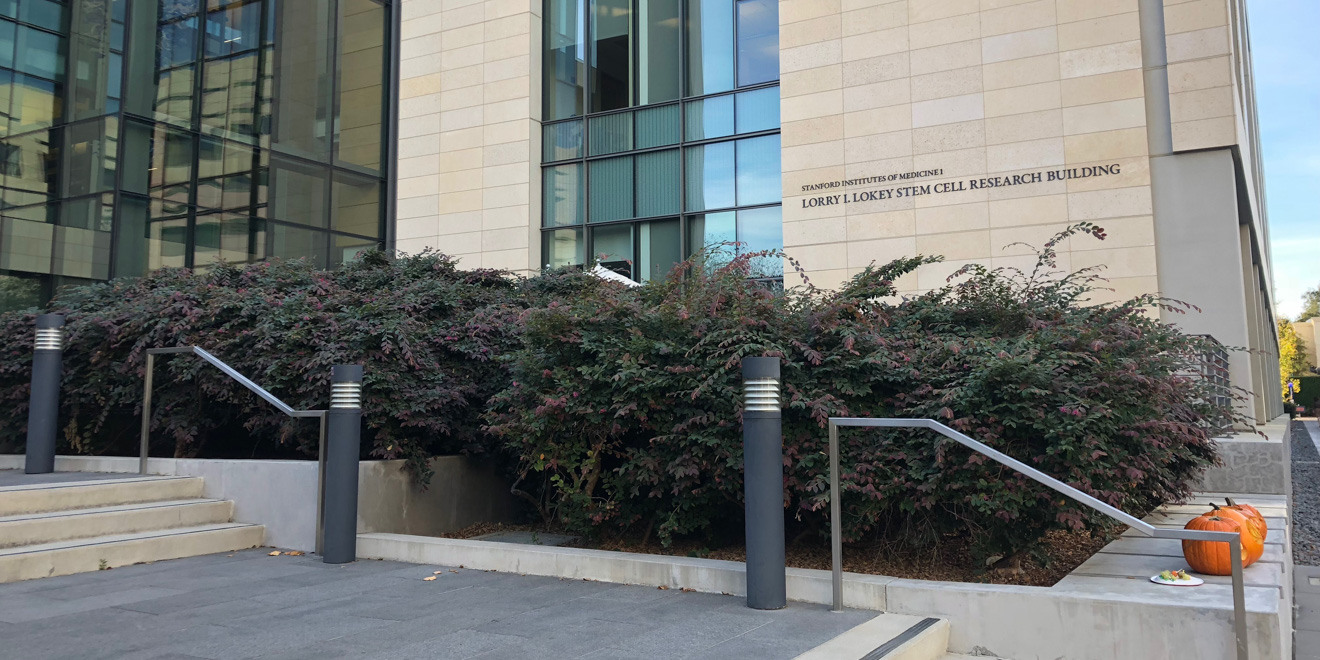Irving Weissman M.D. ’65, pathology and developmental biology professor and director of the Institute of Stem Cell Biology and Regenerative Medicine, studies the biology of cells that create immune and blood-forming networks.
Medical research
After earning his degree from Stanford Medical School, Weissman led a team to separate the blood-forming stem cells of mice and humans, transplanting them in order to to better understand their advantages and limitations. He also researched the possibility of reverting human cells to their earliest developmental stages to gain insight into diseases carried by the cells.
Weissman’s most impactful clinical trial found that clean, blood-forming stem cells could regrow human blood-forming and immune systems damaged by chemotherapy.
“We took out [patients’] blood-forming stem cells before they got treated, and then we rescued them with their own blood-forming stem cells,” he said.
According to Weissman, these results have positive impacts on women with breast cancer who receive chemotherapy. In the trial, all of the participants who received purified, cancer-free stem cells lived up to 10 years, and one-third are currently alive and in remission. Meanwhile, members of the control group passed within 15 years.
Vascular surgery and cardiovascular medicine associate professor Nick Leeper worked with Weissman on stem cell research where they noticed similarities between the mechanisms of cardiovascular disease and cancer, the two leading causes of death in the United States.
“Together, we discovered that the same mechanisms used by the cancer cell to evade detection by our immune system — which allow tumors to grow unchecked — also seem to be at play in the diseased blood vessel,” Leeper said. “Our current work is focused on convincing our immune system to target the diseased cells in blocked arteries, thus giving us the capacity to melt away plaques the same way we target malignant cancer cells.”
Plaques are build-ups of fat, cholesterol and other substances in arteries, narrowing them and risking serious blockage.
Involvement in Anversa incident
In October, media organizations reported on Harvard Medical School researcher Piero Anversa, who falsified data in over 30 studies related to regenerative stem-cells in the cardiovascular system. Anversa’s initial 2000 study reported that stem cells found in bone marrow could repair damaged heart-cells in mice, with the potential to yields similar results in humans.
Weissman attempted to replicate Anvera’s findings in a paper published in 2004, but he came to the conclusion that bone marrow cells indeed remained bone marrow cells. When Harvard asked Weissman for input on whether they should rehire Anversa, Weissman mentioned that a portion of Aversa’s work was not reproducible and furthermore advised Harvard to examine his other claims. Nonetheless, Anversa was hired.
Harvard and Brigham and Women’s Hospital, where Anversa conducted research, began investigations into his publications in 2013, and Brigham and Women’s Hospital came to a $10 million settlement with the federal government over lost funds. Although his findings spurred medical startups aimed at preventing and curing cardiovascular disease and stroke, Anversa falsified his findings in order to receive grants from the National Institute of Health and other federally funded organizations.
Contact Leily Rezvani at lrezvani ‘at’ stanford.edu.
